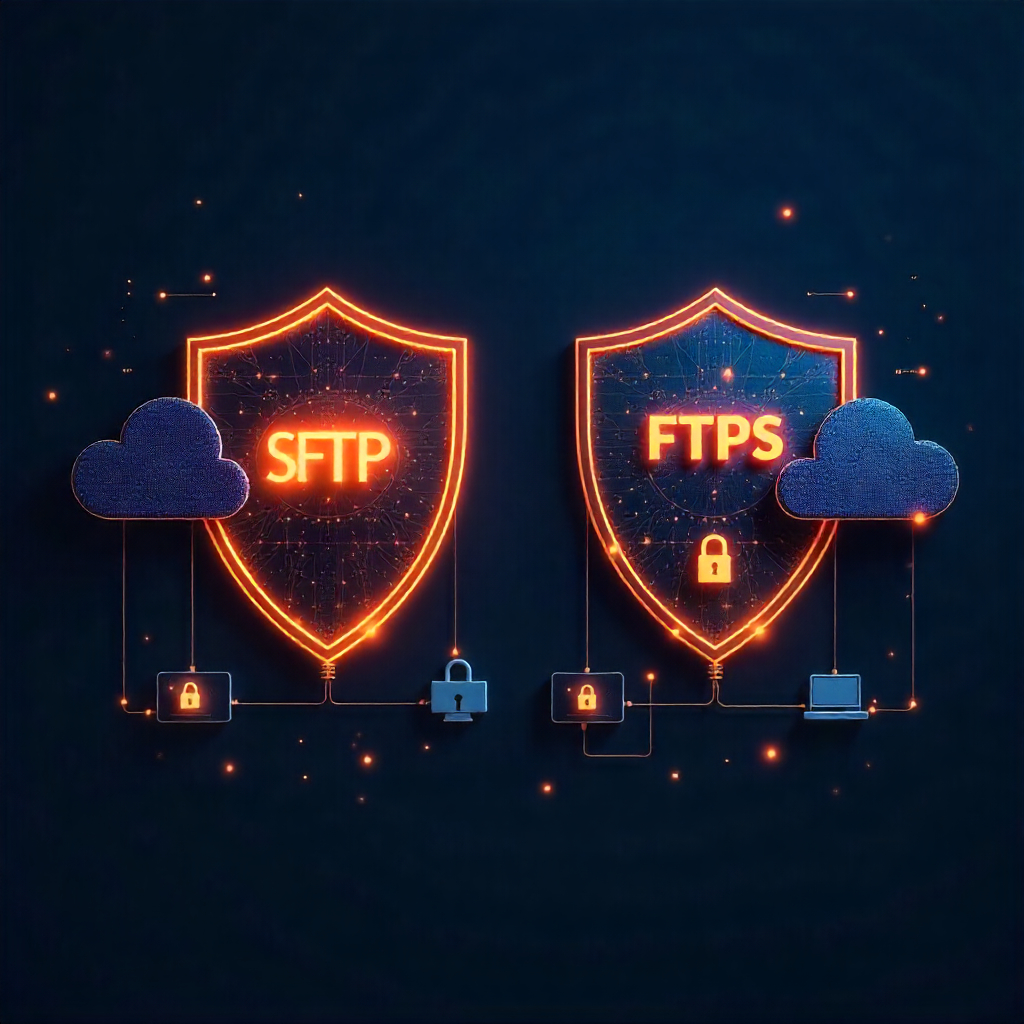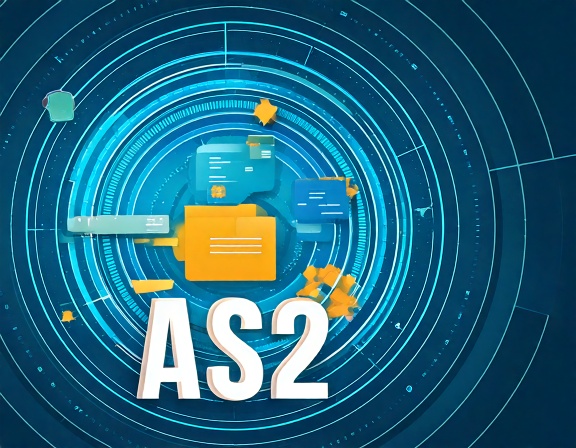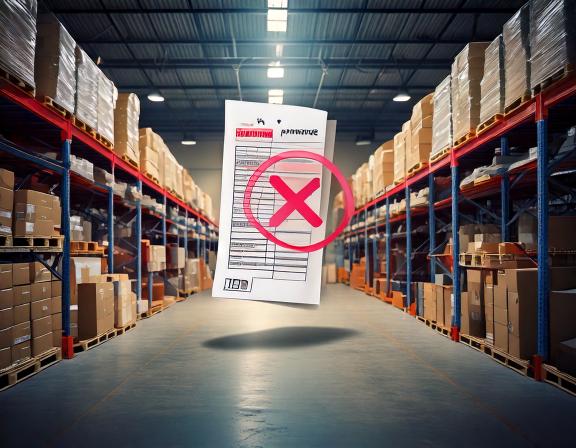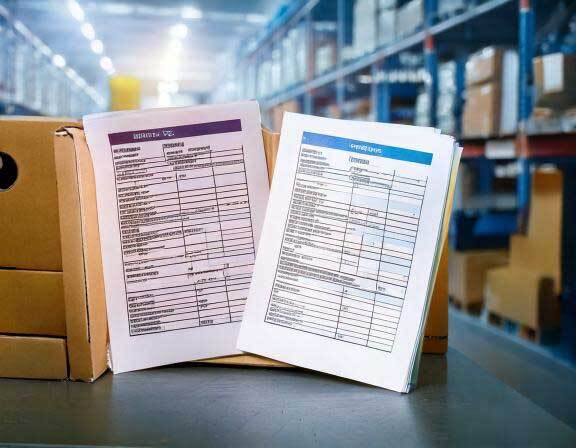MFT Gateway is a hosted Software as a Service (SaaS) solution that enables file exchange over the AS2 or SFTP protocol, without the need to install or maintain.
- Blog
- Leveraging Azure File Shares for Seamless Deployment and Secure Data Access in the Pharmaceutical Industry
AS2
Leveraging Azure File Shares for Seamless Deployment and Secure Data Access in the Pharmaceutical Industry
Discover how Azure File Shares optimize deployment and ensure secure data access for pharmaceuticals. Explore integration, security, and compliance in this informative post.

Sampavi Sriparan
Published: 27 Feb 2024

Table of Contents
A pharmaceutical company compiles a set of documents as evidence of compliance to regulations and submits this documentation to a health authority. These regulations influence the drug manufacturing processes, the design of clinical trials, the reporting of safety findings, and the development of promotional materials by pharmaceutical companies. The Food and Drug Administration (FDA) is in charge of evaluating and regulating medications in the United States, whereas the European Medicines Agency (EMA) is in charge of regulating pharmaceuticals in the European Union.
Addressing the challenges of securely storing and accessing sensitive data within the realms of data management and regulatory compliance is a common struggle for organizations. Regulatory agencies frequently need fast and accurate reporting. Meeting these reporting deadlines can be challenging, especially if the organization lacks effective tools and processes for data collection, analysis, and submission. Regulatory infractions, penalties, and damage to reputation can arise from inaccurate or insufficient data. Using private file sharing and shared file system mounts is a commonly used approach. This article, which focuses on the pharmaceutical industry, examines the advantages of storing regulatory information in these shared mounts and goes into detail about certain use cases.
The sharing of regulatory content across various departments and teams is a commonplace practice. By consolidating all crucial regulatory documents and data into a single location through the implementation of a shared filesystem mount, organizations can significantly enhance access and streamline maintenance processes. This centralized approach not only fosters collaboration but also ensures the efficient management of vital regulatory information. Robust access controls ensure that only authorized people may interact with and modify sensitive regulatory material, therefore meeting tight regulatory requirements for data confidentiality. The support for versioning and audit trails guarantees that regulated documents have a clear record of modifications, assisting in traceability and accountability during compliance audits. Teams working on regulatory compliance can efficiently cooperate by accessing a shared filesystem. Real-time updates ensure that stakeholders are working with the most recent versions of regulatory documents, encouraging cooperation and lowering the risk of redundant information.
Both NFS (Network File System) and SMB (Server Message Block), which are equipped with adjustable secure communication protocols, ensure encrypted transport of regulated material. This functionality ensures that sensitive information is protected during the data transmission procedure. Encryption gives an extra degree of security, reducing the chance of unwanted access or interception, which is especially important when working with regulatory data that must be maintained private. Azure, as a cloud-based solution, provides scalable storage solutions that empower organizations to effortlessly expand their capacity in tandem with the growth of regulatory data. This scalability ensures that the storage infrastructure remains responsive and efficient, even as the volume of regulatory content increases. Azure File Shares provide worldwide access to data stored in the cloud. This is advantageous for pharmaceutical businesses with teams or collaborators spread across many geographical regions. Azure File Shares have built-in backup and disaster recovery features. This safeguards essential pharmaceutical data against accidental deletion, corruption, or other unanticipated events.
Set up an Azure NFS file share and link it to a Linux VM in Azure
The flexibility of Azure’s cloud environment enables organizations to adapt to evolving data requirements without compromising overall performance, offering a dynamic and responsive storage solution for the management of regulatory data. Once an Azure file share is mounted on your system, accessing the data is straightforward and there is no need for any special procedures. Simply navigate to the path where the file share is mounted, and you can seamlessly open or modify files as needed. Network File System (NFS) is a popular option for file sharing, and Azure offers a strong cloud architecture. We’ll investigate how to set up an Azure NFS file sharing and provide safe access via a private endpoint.
The initiation of Azure NFS file share commences with the establishment of a storage account. Acting as a repository for our data, the storage account streamlines storage management within the Azure network. It is wise to set up the actual file share for data storage once the storage account is operational. We use NFS to provide maximum compatibility with the Linux system, configuring a Premium-SKU storage account that only supports NFS. This specified file share ensures the secure storage of your data. Only users on the Virtual Network are able to access the NFS file share. By using a virtual network, you may improve resource security by adding an extra degree of security. Create a private endpoint to improve security and keep your NFS file sharing hidden from the public. This method makes sure your data stays contained inside the Azure network. After the private endpoint has been created successfully, make sure you get the private IP address since you’ll need it to access the NFS file share securely. Install the NFS client on your Linux virtual machine (VM) and mount the file share using the IP address of the private endpoint to create a secure connection.
Mounting Azure file shares in a containerized environment such as Azure Kubernetes Service (AKS) is also possible. Below are the steps for mounting an Azure NFS File Share in AKS:
1. Establish a storage account to create an Azure NFS file share.
2. Retrieve the storage account key for the Azure NFS file share, this key is used for authentication while mounting the file share.
3. Create a kubernetes secret in your AKS cluster to keep the storage account key safe. This secret will be needed to authenticate to the Azure NFS file share.
The usage of Persistent Volumes and Claims allows for a more organized and scalable approach to storage management in containerized systems such as AKS. Create a Persistent Volume that references the Azure NFS File Share. It includes the storage account’s name, share name, and access key in the PV configuration. Create a Persistent Volume Claim to seek storage from the PV, here define the storage class that corresponds to the PV. Create a Kubernetes Pod configuration file that includes the PVC. Mount the PVC along a precise path within the pod. Add the PV, PVC, and Pod configurations to your AKS cluster.
Check that the files from the Azure NFS File Share can be accessed via the mount location given in the pod.
Conclusion
In conclusion, the Azure File Share use cases give a comprehensive and customizable solution for enterprises seeking efficient and secure cloud-based file storage. The ability to handle NFS protocols assures interoperability across a wide range of operating systems, facilitating smooth cross-platform cooperation. The combination of a centralized Azure Storage Account and access control measures ensures safe and well-managed file sharing. The various storage redundancy solutions address various data durability and availability needs, while Azure Storage Explorer simplifies file administration. The incorporation of monitoring tools improves insight into file actions and use trends. Overall, the architecture of Azure File Share provides a solid basis for use cases spanning collaborative data management, regulatory compliance, and scalable storage requirements within the dynamic Azure ecosystem.

Talk to an EDI Expert
Join hundreds of organizations already taking full control of their B2B AS2 communications with our trusted solutions. Contact us today to tailor a solution that fits your specific AS2 EDI needs.
Related Articles
View All BlogsExplore our product stack
Try before you buy with a 30-day Free Trial
No commitment, all value. Try the AS2 Solution Risk-Free and discover how our solutions can transform your business workflows. No credit card required.
Explore Your Possibilities
Elevate AS2 Communications with our EDI and AS2 Solutions
See how our AS2 and EDI solutions can simplify your integrations, boost efficiency, and keep you compliant—request a personalized demo today.





















































































































































































































